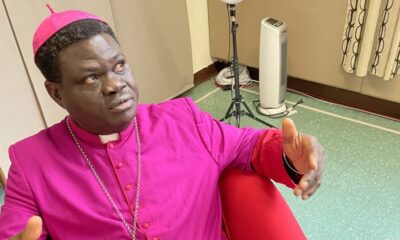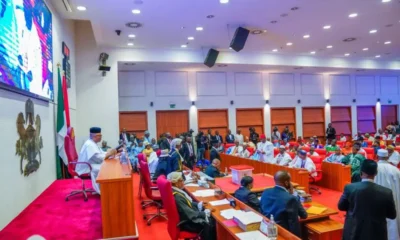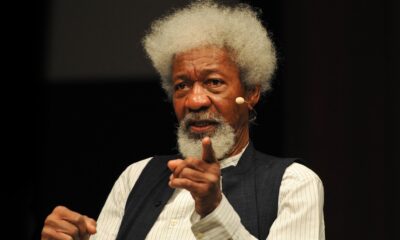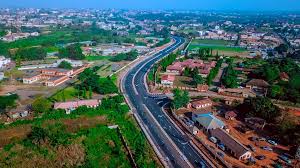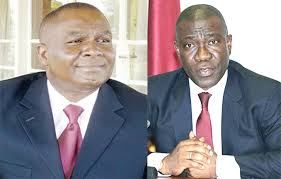Breaking News
AfDB Approves $500m Fresh Loan For Nigeria
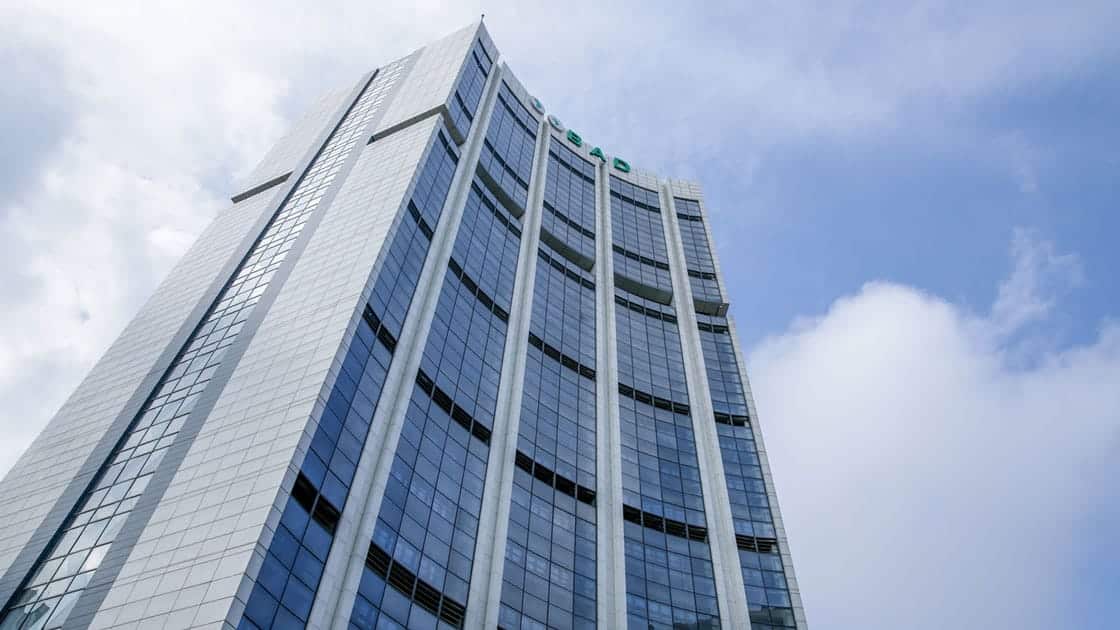
The African Development Bank (AfDB) Board of Directors has approved a fresh loan of $500 million to Nigeria to support the Federal Government’s financing of the second phase of its Economic Governance and Energy Transition Support Programme.
This was disclosed in a statement on the bank’s website by Abdul Kamara, Director-General of the Nigeria Country Department at the African Development Bank, who confirmed that the loan would be disbursed to accelerate sector-wide reforms anchored on energy system strengthening and fiscal expansion.
Kamara explained that the loan is to finance the second phase of the policy-based programme, which will run across the 2024 and 2025 fiscal years.
In his remarks, Kamara emphasised that the facility is designed to expand fiscal space, deepen structural reforms, and strengthen national systems that support inclusive growth.
“The second phase of the programme aims to stimulate inclusive growth by accelerating structural reforms in the energy sector, while supporting progressive reforms of fiscal policy to boost non-oil revenues and expand fiscal space,” he said.
“The new phase will consolidate and build on the achievements of the first phase,” Kamara added.
According to him, the follow-on support is expected to intensify power sector reform, address energy poverty, and ramp up domestic revenue mobilisation beyond crude oil dependency.
The programme, the Bank said, is structured around three clearly defined priorities that cut across governance, electricity expansion, and climate transition commitments.
Kamara outlined the core pillars: “The first focuses on strengthening fiscal policy through improved public financial management systems and ensuring greater transparency and efficiency in public spending.”
“The second priority targets reforms in Nigeria’s power sector to reduce energy poverty, expand electricity access, improve sector governance, and attract increased private-sector investment.”
“The third area supports the implementation of Nigeria’s national energy transition plan, including climate adaptation and mitigation measures, and the rollout of energy-efficiency standards for appliances,” he explained.
Kamara also confirmed that Nigeria’s Nationally Determined Contributions under the programme would be updated for 2026 through 2030, strengthening climate alignment and long-term transition planning.
The Bank noted that the loan also supports Nigeria’s climate governance frameworks, power sector leadership, and institutional fiscal transparency systems.
“Nigeria’s Nationally Determined Contribution (NDC) is expected to be updated for the 2026 to 2030 period,” Kamara said.
Kamara listed the Federal Ministries and strategic institutions expected to directly benefit from the programme to include the:
Federal Ministry of Power, the Federal Ministry of Finance, the Federal Inland Revenue Service, and the Auditor-General’s Office, among others that sit at the heart of national revenue, fiscal oversight, and power sector governance.
Other key beneficiaries include Nigeria’s Debt Management Office, the National Climate Change Council, the Nigerian Electricity Regulatory Commission, the National Climate Change Council, Ministry of Environment, and the National Climate Change Council Nigeria.
Kamara disclosed that the Bank’s active portfolio in Nigeria, as at October 31, 2025, includes 52 projects valued at $5.1 billion, spanning energy, fiscal policy, climate governance, and infrastructure investment.
He said wider beneficiaries also include private-sector operators who are expected to benefit from the strengthened investment climate that will emerge from improved public financial management, far-reaching energy governance, and expanded public-private partnerships across Nigeria’s 774 local government corridors.
The announcement comes amid continued national concerns about insecurity spreading to highways and soft targets across North-Central and Northern corridors, including the Zaria-Sokoto expressway where banditry, kidnappings, and illicit arms flows have troubled travellers and communities in recent months.



